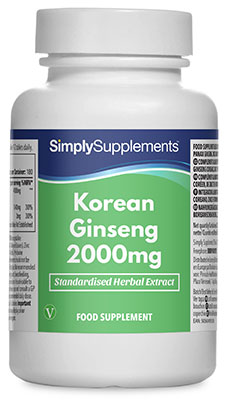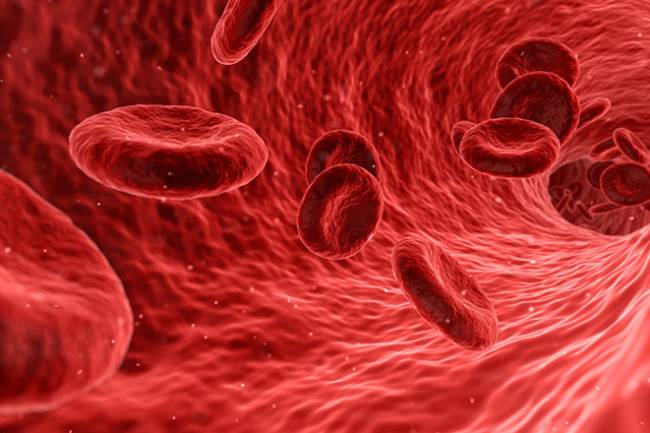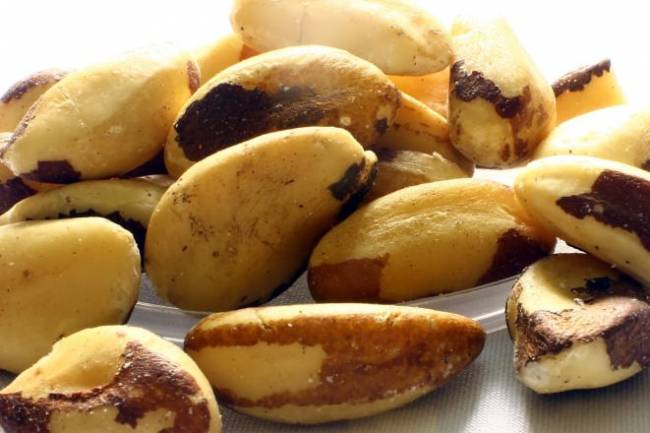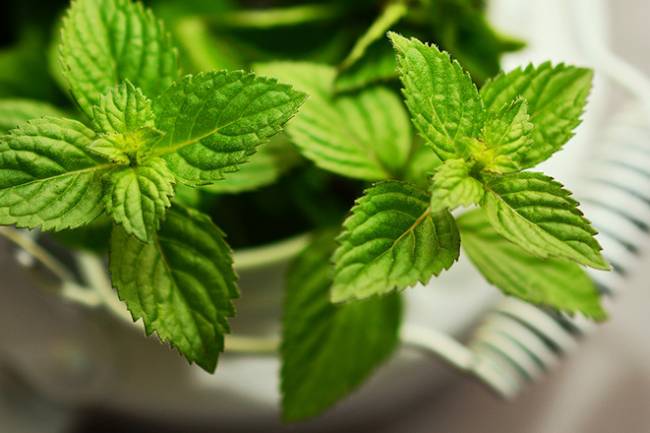Ginseng and Sexual Health

The use of ginseng in enhancing sexual performance and treating sexual dysfunction dates back to ancient China, where Emperor Shen-Nung suggested that the resemblance of the root to the human form was proof of its aphrodisiac properties.
This article will provide an overview of two of the most common conditions related to male sexual function, premature ejaculation and erectile dysfunction, and summarise the recent research surrounding the use of ginseng in their treatment.
What Is Premature Ejaculation?
Premature ejaculation is where the man ejaculates too quickly during intercourse. The NHS suggests that the average time it takes to ejaculate is around five and half minutes, but there is no fixed description of what constitutes a normal length of time for sexual intercourse to last.
The main determinant of whether or not sex is long enough is the opinion of the individual and his partner, and one definition of premature ejaculation is the inability to control or delay ejaculation, which results in dissatisfaction or distress for the patient.
What Is Erectile Dysfunction?
Erectile dysfunction is the persistent inability to obtain or maintain an erection of the penis with sufficient rigidity to allow satisfactory sexual performance. The causes of erectile dysfunction are wide-ranging and can be both physical and psychological in nature. Medications, recreational drugs, and lifestyle factors such as obesity, smoking and excessive alcohol consumption, are among the most common factors that contribute to the aetiology of erectile dysfunction.
Prevalence of Sexual Dysfunction
According to the NHS, approximately 10% of men have some kind of problem-related to having sex, such as erectile dysfunction and premature ejaculation.
Occasional episodes of premature ejaculation are common and are not usually a cause for concern, but around 1 in 50 sexually active males in England is affected by primary premature ejaculation, which is characterised by experiencing premature ejaculation during almost every episode of sexual intercourse.
Erectile dysfunction affects 7 to 8% of men aged between the ages of 20 and 40 years and becomes more common with increasing age.
What Does the Research Say About Ginseng and Sexual Function?
Some positive results for ginseng in the treatment of premature ejaculation have been demonstrated after local application of Korean ginseng in combination with other traditional herbal medicines.
In one study, published in Urology, ejaculation was delayed, and the satisfaction of both partners was increased, following the application of the mixture to the penis one hour before sexual intercourse. However, some local side effects such as mild burning and mild pain were observed.
According to the authors of a double-blind clinical study, published in the March 2013 edition of the International Journal of Impotence Research, ginseng can have a positive effect on many aspects of human health, including sexual function.
A total of 119 men with mild to moderate erectile dysfunction took part in the experiment and were assigned to take a daily supplement of 1200mg of Korean ginseng berry extract or placebo for a period of eight weeks. Data was collected using the International Index of Erectile Dysfunction (IIEF) and premature ejaculation diagnostic tool (PEDT). The result showed improvements in both IIEF and PEDT scores in the group that supplemented with the ginseng extract, and it was concluded that Korean ginseng berry extract is a safe and effective alternative medicine for men with sexual dysfunction.
In a separate placebo-controlled study, published in the Asian Journal of Andrology, 143 male patients with erectile dysfunction took either 1000mg of Panax ginseng or 1000mg of placebo twice a day for a period of eight weeks. No improvement was seen in the placebo group, but scores of erectile function and overall satisfaction were significantly higher in the group that took the ginseng extract. The researchers concluded that the ginseng extract used in the study could be used to improve erectile function in male patients.
A systematic review, published in the British Journal of Clinical Pharmacology, evaluated the evidence for red ginseng as a treatment for erectile dysfunction, after gathering data from a search of twenty electronic databases. The results of seven randomized control trials were analysed in the study, and the authors concluded that they suggest an effect of red ginseng in treating erectile dysfunction and that future research is warranted.
Ginseng was included in another, more general, systematic review, published in British Medical Journal Clinical Evidence, in which the effectiveness and safety of a wide range of treatments for erectile dysfunction were investigated. In this study, the quality of various treatments for erectile dysfunction were evaluated using the GRADE system, which is widely viewed as being the most reliable method of assessing the quality of the evidence generated by medical research.
The GRADE scoring system ranges from Very Low to High, and at the end of the study, the only treatments that were given a GRADE evaluation of High were prescriptions drugs similar to Viagra.
Ginseng was awarded a GRADE evaluation of Moderate and was described as being likely to be beneficial to those with erectile dysfunction.
How Much Ginseng Should a Person Take?
There are a number of different species of ginseng, and the strength of the ingredients used in supplements varies between different brands. This makes it difficult to establish a universal recommendation for ginseng usage, and at present no definitive dosage guidelines exist.
The amounts are shown to have a positive effect in studies typically start at around 1000mg per day, but ultimately a person who is considering supplementing with ginseng should always follow the directions given on the label or the advice of a suitably qualified health professional.
How Safe Is Ginseng?
According to the British Medical Journal Clinical Evidence Review, ginseng is a traditional remedy with few adverse effects at the usual dosages. Side effects of ginseng are rare, but some cases of insomnia, headaches, gastric upset and constipation have been reported. Ginseng can interact with certain medications, and anyone who is using medication should consult their GP or pharmacist before using ginseng.
Conclusion
5000 years after its ability to enhance sexual function was first recorded in Chinese pharmacopoeia, the contemporary evidence base for the use of ginseng in the treatment of sexual function continues to grow.
It would seem that any man who is suffering from mild to moderate sexual dysfunction, and who are looking for a traditional, natural and relatively safe means of treating the condition, might do well to consider using a ginseng supplement.
However, if a man is experiencing symptoms of sexual dysfunction on a regular or ongoing basis, he should contact his GP for a check-up. Sexual dysfunction can impact on a person's quality of life and sometimes indicates a separate underlying health condition.
A GP will be able to provide support and advice on sexual dysfunction and can organise an investigation aimed at identifying its root cause.
Sources:
Nair R, Sellaturay S, Sriprasad S. The history of ginseng in the management of erectile dysfunction in ancient China (3500-2600 BCE). Indian Journal of Urology. 2012, Jan.
NHS Choices, 2014. “Ejaculation problems”. URL: . [Accessed on 19th April 2016]
Choi HK, et al. Clinical study of SS-cream in patients with lifelong premature ejaculation. Urology. 2000, Feb.
Choi YD, et al. Effects of Korean ginseng berry extract on sexual function in men with erectile dysfunction: a multicentre, placebo-controlled, double-blind clinical study. International Journal of Impotence Research. 2013, Mar-Apr.
Kim TH, et al. Effects of tissue-cultured mountain ginseng (Panax ginseng CA Meyer) extract on male patients with erectile dysfunction. Asian Journal of Andrology. 2009, May.
Jang DJ, Lee MS, Shin BC, Lee YC, Ernst E. Red ginseng for treating erectile dysfunction: a systematic review. British Journal of Clinical Pharmacology. 2008, Oct.
Khera M, Goldstein I. Erectile dysfunction. BMJ Clinical Evidence. 2011, Jun.
NHS Choices, 2014. “Male sexual problems”. URL: [Accessed on 19th April 2016]
NHS Choices, 2014. “Erectile dysfunction (impotence)”. URL: . [Accessed on 19th April 2016]

 Nicole
Nicole 

























